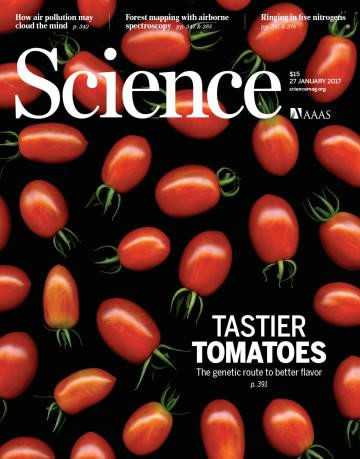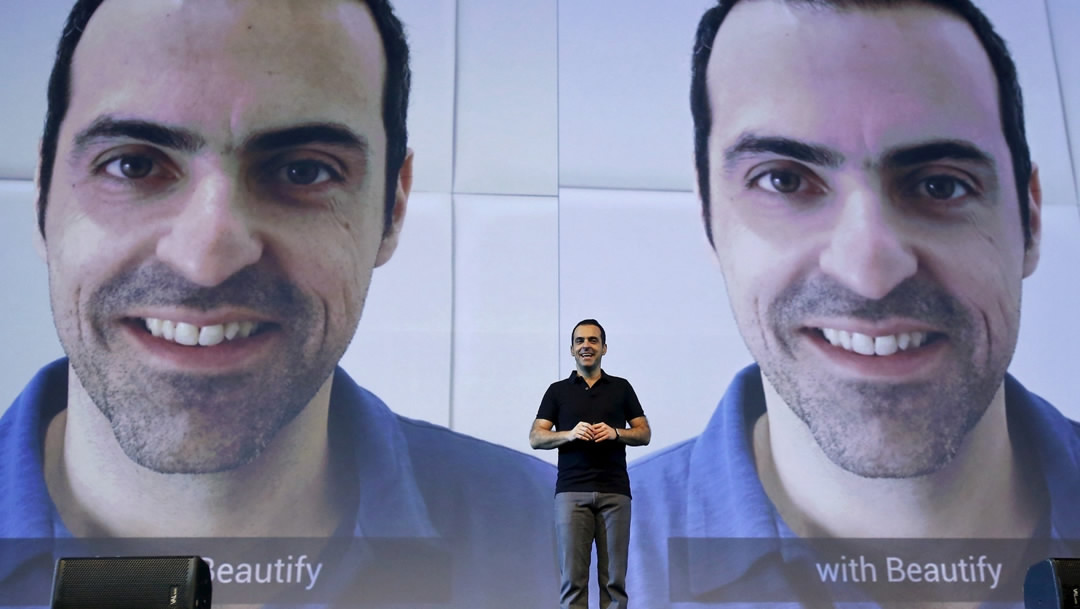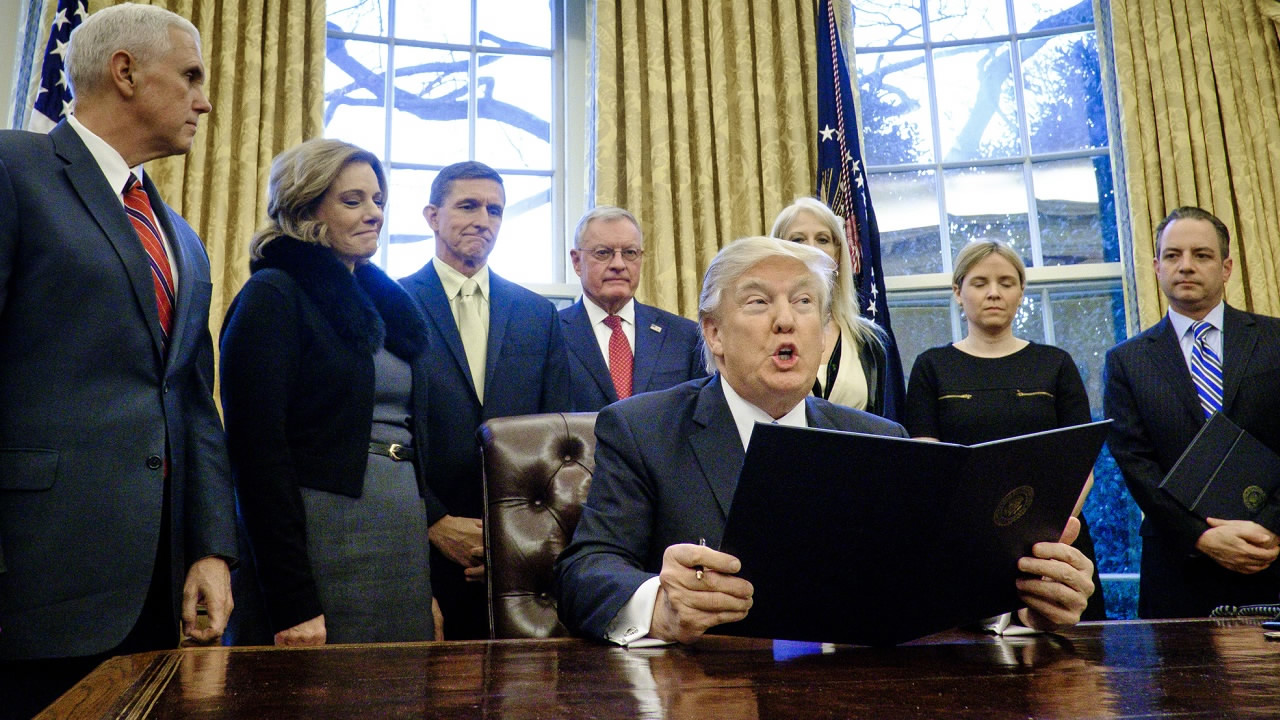US tech circle disagrees with Trump's immigration ban
President Donald Trump's immigration policy has angered millions, including people in the country's tech circle who have expressed disagreement over his executive order that bars certain nationalities from entering the United States of America.
The order, signed on Friday, will temporarily block citizens from seven major Muslim countries, even if they hold visa or residence permits, and refugees from Syria are barred indefinitely.

People protest against the travel ban imposed by Trump, at O'Hare airport in Chicago, US on January 28, 2017. /CFP Photo
People protest against the travel ban imposed by Trump, at O'Hare airport in Chicago, US on January 28, 2017. /CFP Photo
Many immigrants are seen to be the backbone of US tech firms, as most of them hire foreign workers in large numbers. CEO of some of the US's biggest tech firms have voiced their concerns.
According to Reuters, CEO of Apple Inc. Tim Cook said Trump's order is "not a policy we support," while Netflix Inc. Chief Executive Reed Hastings called the order "un-American."
Some companies are also urgently calling back their overseas employees, as the order may leave those people stranded in foreign countries.
Alipay introduces AR Hongbao game
Sharing hongbao, or red envelope, is a Lunar New Year tradition in China. The Internet has been helping the Chinese to trade paper notes for virtual cash for years. Now it is taking a step further, making that an augmented reality (AR) game, thanks to developers at Alibaba's third-party payment platform Alipay.

People playing Alipay's Hongbao game on January 27, 2017. /CFP Photo
People playing Alipay's Hongbao game on January 27, 2017. /CFP Photo
The game is akin to Pokemon Go -- but those pokemons are replaced by hongbaos. Players can turn on their GPS location to find nearby envelops, and scan real world objects to claim the bounty.
CGTN's reporter Grace Shao, who tried the game, speaks highly of the AR tech in gaming industry. She said it "deserves the hype it's getting" by "modifying and enhancing the perception of reality through input senses."
Two interesting scientific findings led by Chinese
Researchers from the Chinese Academy of Agricultural Sciences (CAAS) and the University of Florida have identified the chemical combinations and genetic recipe for a better-tasting tomato, which was featured on the cover of the latest Science magazine issue published Friday.

Cover of Science journal issued on January 27, 2017. /Science
Cover of Science journal issued on January 27, 2017. /Science
The other finding was on a human-pig "chimera" embryo created by a team led by Jun Wu at the US Salk Institute for Biological Studies, which was published on Cell journal. It can be very controversial to create a hybrid of human and other animals, but the team told Xinhua News Agency that they currently don't have the ability to make the life form intelligent as humans.

A dough figurine of the pig-head Zhu Bajie, a major character of the famous Chinese novel Journey to the West. /CFP File Photo
A dough figurine of the pig-head Zhu Bajie, a major character of the famous Chinese novel Journey to the West. /CFP File Photo
Microsoft won't give you away to feds

A Microsoft office buliding in Beijing, as seen in 2014. /CFP File Photo
A Microsoft office buliding in Beijing, as seen in 2014. /CFP File Photo
US prosecutors are not only asking Apple to unlock an iPhone for criminal investigation but were also requesting Microsoft to provide suspects' email records in 2013. The main difference here is that the email was stored in a server outside of US border, in Ireland.
Microsoft thought the government should ask Ireland to issue the search warrant, and brought the case to an appeal court. After three rounds of law suits and a federal appeal, the software giant eventually won the case on Tuesday.
Hugo Barra leaves Xiaomi for Facebook

Barra uses a picture of himself to demonstrate Xiaomi Mi4i's photo beautify feature, during release in April, 2015. /CFP Photo
Barra uses a picture of himself to demonstrate Xiaomi Mi4i's photo beautify feature, during release in April, 2015. /CFP Photo
Hugo Barra's CV is more than impressive: product spokesman for Google Android, global vice president for Xiaomi, and now vice president of virtual reality for Facebook.
If you are a fan of VR, the name Oculus should be familiar. It's one of the earliest commercialized VR systems acquired by Facebook in 2014.
So what would happen to Oculus Rift under Barra's lead? He hasn't mentioned it publicly.
But the Chinese netizens are joking about how he might have landed the job, like this one on cnbeta.com:
"Barra at job interview in Xiaomi: 'I know the global market.'"
"Barra at job interview in Facebook: 'I know the Chinese market.'"








